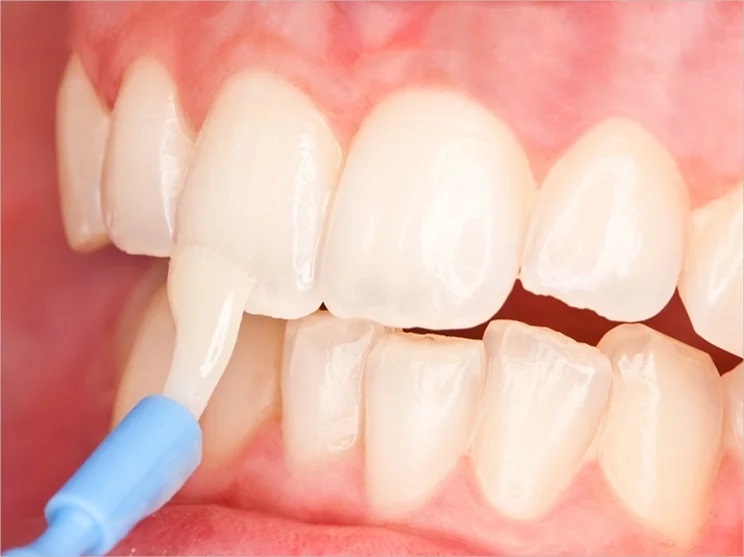Fluoride treatment
Benefits of Fluoride Treatment
In an effort to provide the best preventive dental care available, we have added Fluoride to our Teeth Cleaning Protocol. In some cases your insurance will cover adult fluoride, if not there will be a small co-payment for this very big benefit. Here is some more information about the benefits of Fluoride which are more concentrated than the self-applied Fluorides. Fluoride combats the formation of tooth decay primarily in three ways:- Fluoride promotes the remineralization of the tooth
- Fluoride makes a tooth more resistant to the formation of tooth decay
- Fluoride inhibits oral bacteria’s ability to create acids.

Reasons for Fluoride Treatment
- Deep pits and fissures on the chewing surfaces of teeth.
- Exposed and sensitive root surfaces.
- Fair to poor oral hygiene habits.
- Frequent sugar and carbohydrate intake.
- Inadequate exposure to fluorides.
- Inadequate saliva flow due to medical conditions, medical treatments or medications.
- Recent history of dental decay.
- Fluoride Tx is recommended for all individuals (Adults & Children) to have and should not be restricted only to children.
- Remember, fluoride alone will not prevent tooth decay! It is important to brush at least twice a day, floss regularly, eat balanced meals, reduce sugary snacks, and visit your dentist on a regular basis.
How Does Fluoride Treatment Work?
Topical fluoride strengthens the teeth once they have erupted by seeping into the outer surface of the tooth enamel, making the teeth more resistant to decay. We gain topical fluoride by using fluoride containing dental products such as toothpaste, mouth rinses, and gels. We generally recommend that children have a professional application of fluoride twice a year during dental check-ups.
Systemic fluoride strengthens the teeth that have erupted as well as those that are developing under the gums. We gain systemic fluoride from most foods and our community water supplies. It is also available as a supplement in drop or gel form and can be prescribed by your dentist or physician. Generally, fluoride drops are recommended for infants, and tablets are best suited for children up through the teen years. It is very important to monitor the amounts of fluoride a child ingests. If too much fluoride is consumed while the teeth are developing, a condition called fluorosis (white spots on the teeth) may result.
Although most people receive fluoride from food and water, sometimes it is not enough to help prevent decay.



